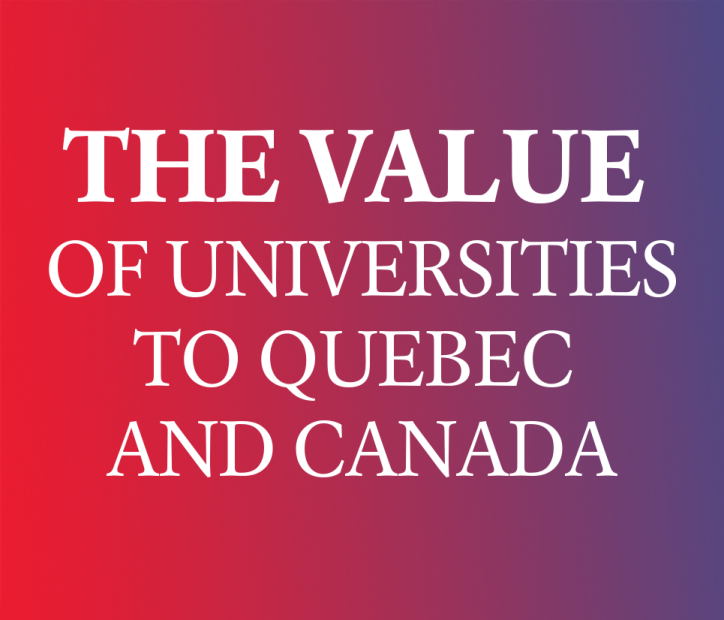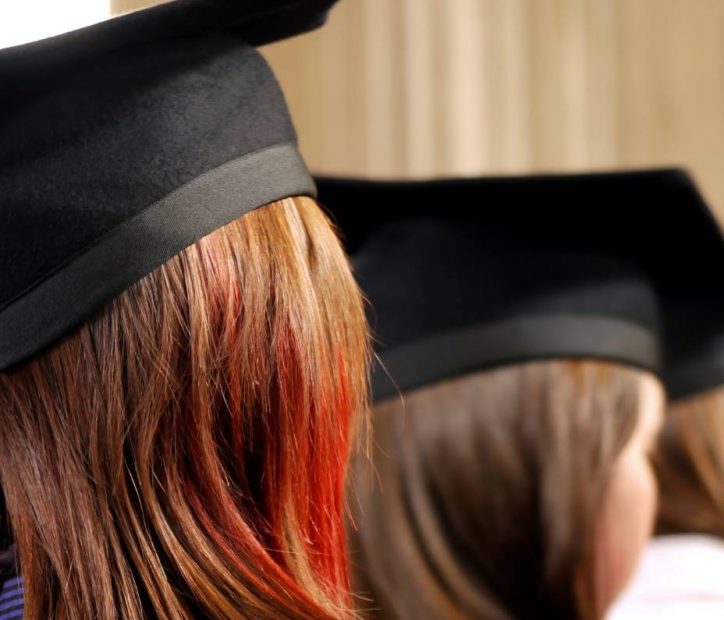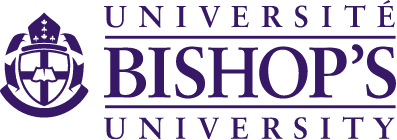October 18th, 2023
On Friday, October 13th, 2023, Quebec’s Minister of Higher Education, Pascale Déry, and the Minister of the French Language, Jean-François Roberge, announced the government’s intention to significantly increase the tuition fees paid by non-Quebec students studying at all universities.
Quebec’s three English universities — McGill, Concordia, and Bishop’s — will be hardest hit by these measures since they receive significantly higher numbers of out-of-province and international students than francophone universities.
The government press release is here.
Beginning in fall 2024, out of province students who choose to study at Bishop’s, Concordia and McGill will pay annual tuition fees of around $17,000, almost double the current rate of $8,992.
The new measures apply to undergraduate programs and non-research and graduate professional master’s programs.
The introduction of this policy will make Quebec’s universities the most expensive for non-Quebec Canadian undergraduate students in the country (Universities Canada: Tuition fees by university 2022-2023).
International students will pay a minimum of $20,000. Universities will have the right to charge even higher tuition fees for international students.
Students from countries with which Quebec has agreements, such as France and Belgium, will be exempt from paying these higher fees.
The new rules will not apply to or impact the fees for students who are already registered at one of the three universities.
The Quebec government expects to raise more than $110 million through these measures, funds which they intend to redirect and reinvest in Quebec’s network of French-language universities.
The plan to target English-language universities is part of a new wave of measures being planned by Premier François Legault’s government to protect and promote French in Quebec.
The government did not consult with representatives at any of the three English-language universities at any point to assess the feasibility or possible impact of the proposed changes.
Impact of these measures
Each individual institution is in the process of running analyses to determine the implications of these measures. Details will be made available in the coming days and weeks.
However, it is reasonable to expect that losing non-Quebec Canadian students will impact both the finances and identity of Bishop’s, Concordia, and McGill universities.
These new measures, coupled with recent changes to the Quebec Experience Program (PEQ), are likely to discourage thousands of international students from choosing Quebec.
Despite Quebec remaining an attractive destination to study and live, the price point will be prohibitive for many out-of-province students. It is expected that Quebec’s English universities will see a significant drop in enrollments from out-of-province students.
These reforms will also have serious implications for Quebec’s official minority language English education sector more broadly, particularly when considering other recent measures targeting school boards (Bill 40) and CEGEPs and colleges (Bill 96).
About the Consortium of English-language CEGEPs, Colleges, and Universities of Quebec
The Consortium of English-language CEGEPs, Colleges and Universities of Quebec is an alliance of nine post-secondary institutions in Quebec: Bishop’s University, Champlain Regional College, Concordia University, Dawson College, Heritage College, John Abbott College, Marianopolis College, McGill University, and Vanier College.
Established in 2019, the Consortium is mandated to strengthen research and institutional capacity related to the retention, employment, and success of English-speaking graduates from post-secondary institutions in Quebec.
The Consortium receives funding from the Secrétariat aux relations avec les Québécois d’expression anglaise (SRQEA) with the support of Bishop’s University as fiduciary.
Student Populations (weighted by HC)
Bishop’s University (Lennoxville): 2,650 students. 55% from Quebec, 30% from other Canadian provinces, 15% international (2022)
Concordia University (Montreal): 51 500 students. 70 % from Quebec (close to 20% are French mother tongue), 9% from other Canadian provinces, 21 % international (close to 20% from the Francophonie, of which half are French, Belgian, or Swiss). (2022)
McGill University (Montreal): 39,513 students. 47.25% from Quebec, 22.38% from other Canadian provinces, 30.37% international (2022)




